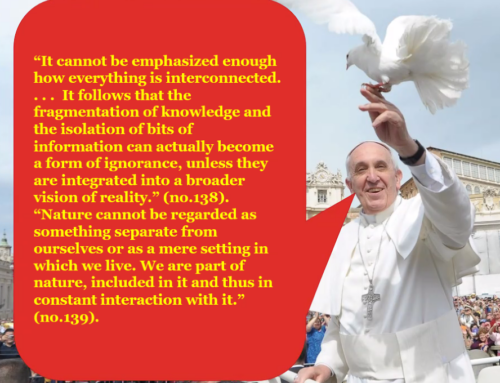In a talk in his BBC Radio 4 series ‘Think with Pinker’, Steven Pinker asked ‘why do so many of us believe in so much quackery and flapdoodle?’, characterising extrasensory perception as ‘paranormal woowoo’. I can imagine such language slipping out in the course of casual conversation, but on the BBC, in a programme where the text must have been carefully thought out in advance?
Something must have led to this being said in such an uncritical manner, so I thought I’d email Pinker to find out what had led him to speak in this way in regard to the paranormal. In response he came up with two arguments. The first has, at first sight, a degree of plausibility, and is the following: if there really are people with the claimed paranormal abilities, they could use these to win consistently at betting, and we would learn about that. However (as described in a recent Guardian article) it seems this does not happen, because when such people start to win significant sums of money the bookies take note, responding to the threat that they pose by imposing limits on how much they are allowed to bet. As a result, we cannot safely infer that there are no people who can use their paranormal abilities to win large amounts at betting.
What about the second? In an email Pinker wrote ‘When in my book Rationality I cite Sean Carroll’s arguments in support of the claim that ESP is incompatible with the laws of physics, this is not an argument from authority’. That may be so, but the fact is that Pinker’s position presumes the validity of Carroll’s analysis. Was that analysis valid in fact? In response to my asking for more detail, this was his response:
It starts from the commonplace observation that in everyday phenomena at humanly relevant scales, from nanotech to moon rockets and everything in between, the laws of physics are completely adequate. We aren’t in need of strange new forces or fields to explain how my bicycle works, or why eclipses happen. Carroll’s argument, explained in the book, is that the understanding is so complete that we can go one step further, that current laws predict if that if there were as-yet unidentified fields in addition to those underlying gravity, electromagnetism and so on, we could be able to detect that, and we don’t.
Is that a good argument? No. It happens all the time in science that people consider, on the basis of the evidence available at the time, that they have a good understanding of some particular state of affairs. But then something new comes up that doesn’t fit the existing scheme, and as a result the models have to be adjusted to take them into account. Future physics just cannot be predicted on the basis of the past in this way. Furthermore, physicists derive their laws by studying situations where some model of concern is easy to test, and this tells us little about the general situation. Thus the idea that we can have ‘complete understanding’ of nature in a particular domain is a misconceived one.
Pinker is far from being the only one to dismiss the paranormal on the basis of inadequate reasoning in this way. In part this is the outcome of this kind of reasoning being promulgated by organisations such as the Skeptics Society, whose Bayesian approach presumes with inadequate support that there are genuine reasons for regarding the paranormal as essentially impossible. Where such reasons cannot be produced, the application of the Bayesian method amounts to little more than an assertion ‘I don’t believe it: therefore it is not true’.
The QAnon organisation, critiqued by Gabriel Gatehouse in his BBC series The Coming Storm, propagates its ‘truths’ in a rather similar way, a situation highlighted by aphorisms such as Paul Simon’s ‘a man hears what he wants to hear, and disregards the rest’ (the Boxer), The Coming Storm’s ‘He or she who drives the narrative drives the outcome’, and Marshall McLuhan’s ‘the Medium is the Message’. We deserve better.
I have not been attempting here to respond to a request that has been made that I provide convincing proof of the reality of the paranormal, since ‘being convinced’ is a matter of psychology, as much as it is of data. My aim has been purely to discuss the psychology and sociology involved in the relevant belief process.

